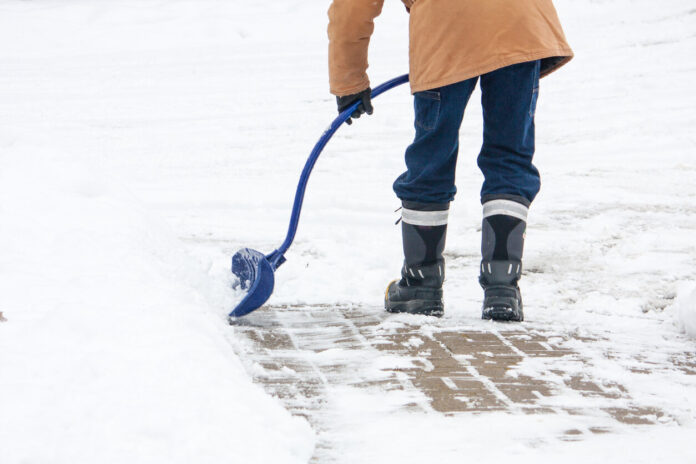With the late arrival of the bitter cold in France this year, some of us may have forgotten how to prepare for harsh weather conditions. The significant drop in temperatures and snowfall can indeed impact our daily lives and cause accidents or other problems. We can then ask ourselves, in these cases, what are our rights to ensure our safety.
Please note, for example, that if exceptional weather conditions prevent you from going to your workplace and you live far away, this may justify your absence. But, “in return, your employer is not required to pay for your days of absence, unless otherwise provided by a convention or collective agreement”, specifies a labor law specialist for the newspaper Femme Actuelle.
He may, however, suggest that you recover lost hours at a later date or resort to teleworking, when possible. He can also accept that you charge them against your paid leave or your RTT, if you benefit from it, she adds.
If, on the contrary, you were able to get to your workplace, against all odds, despite a snowstorm for example. Your employer must ensure that comfort and safety conditions are met to work indoors or outdoors.
Employers have, in fact, the obligation to adapt working conditions to “changed circumstances” to “protect the physical health” of their employees according to article L 4121-1 of the Labor Code.
However, no minimum temperature is mentioned. Article R 4223-13 only mentions an obligation for employers to heat closed premises used for work during the cold season. Employers can still refer to the recommendations of the INRS, the National Institute for Research and Safety, mentioning 18 degrees.
For outside work, the law is also very clear on the subject. It is obligatory to develop an action plan for this purpose. Unfortunately, the law does not mention any threshold below which it would be dangerous to work. It is only stipulated that “vigilance is required” from the moment “the ambient temperature (protected from the wind) is below 5°C” according to INRS.
Employees working outdoors must also have access to a heated room to rest, they must be able to have hot drinks, dry their clothes or even store spare clothes. In addition to providing the necessary clothing and protection, the employer must provide “a suitable break regime and additional recovery time after exposure to very low temperatures,” specifies INRS.
Planet now offers you a slideshow, on the 10 things to know about your rights in winter, inspired by Femme Actuelle.

